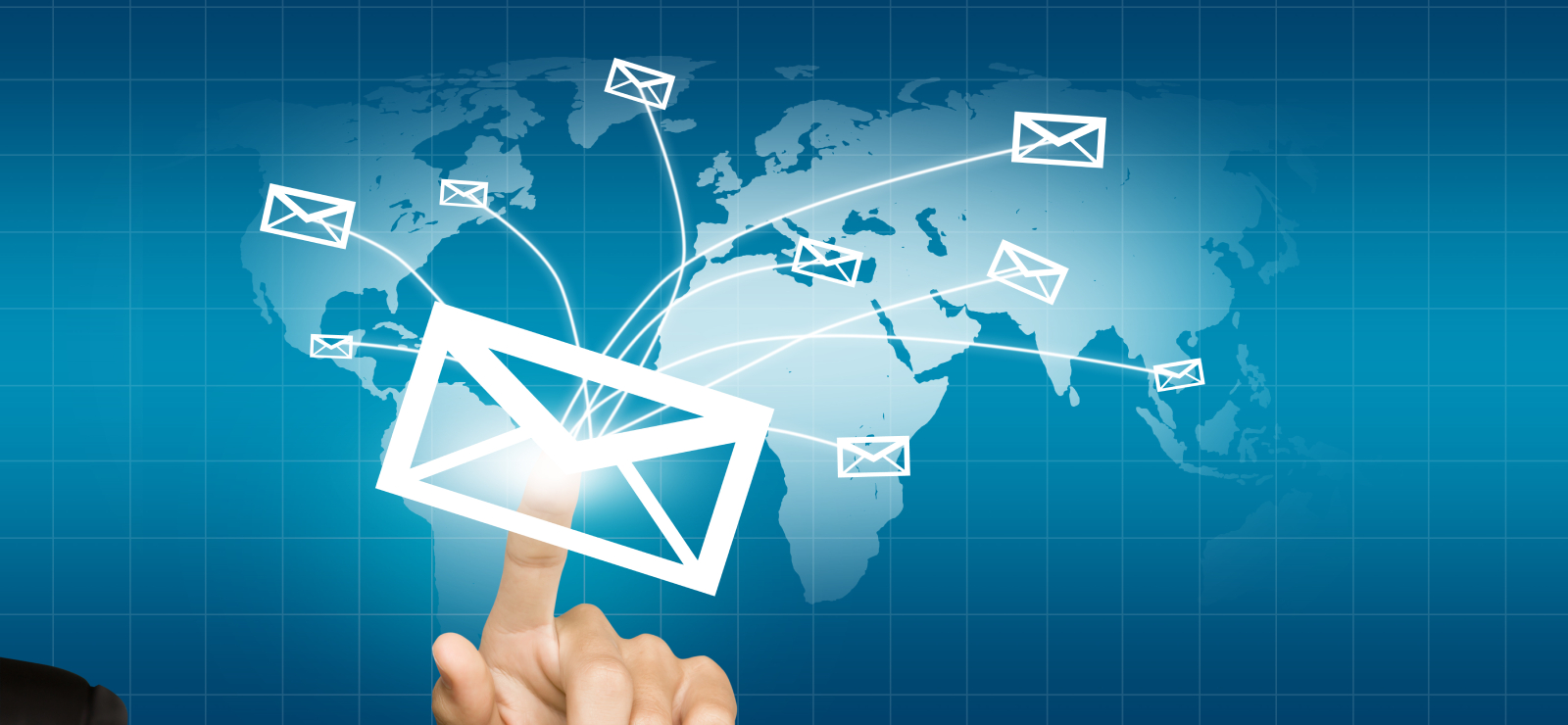Cost-Effectiveness of Email Campaigns
High Return on Investment (ROI)


Targeted Audience Engagement Strategies

- Cost-Effective Strategy
- High ROI Potential
- Targeted Audience Engagement
- Automation and Efficiency
- Personalized Customer Experience
- Spam and Deliverability
- Compliance and Privacy
Email marketing remains one of the most cost-effective digital strategies, offering businesses a direct line to their customers with measurable results.
Rohit Mehta – Digital Marketing Strategist
Automation and Efficiency Benefits
Personalization and Customer Relationships
Personalization is a key factor in successful email marketing campaigns. By using customer data,businesses can create tailored emails that address individual needs and preferences. For instance, including the recipient’s name, recommending relevant products, or sending exclusive offers based on past purchases strengthens customer relationships. Moreover, personalized emails foster trust and loyalty, making customers more likely to engage with the brand. Ultimately, well-crafted personalized content leads to higher engagement and increased conversions.
Potential for Spam and Deliverability Issues
Despite its benefits, email marketing faces challenges such as spam filters and low deliverability rates. If not managed properly, promotional emails may be flagged as spam, reducing their chances of reaching the recipient’s inbox. Additionally, excessive email frequency or irrelevant content can lead to customer dissatisfaction and unsubscribes. To avoid this, businesses should follow best practices such as using clear subject lines, providing value-driven content, and maintaining a balanced email frequency.
Compliance with Privacy Regulations
Businesses engaging in email marketing must comply with data protection laws such as GDPR, CAN-SPAM, and CCPA. Failure to adhere to these regulations can result in penalties and damage brand reputation. For this reason, marketers must obtain customer consent before sending promotional emails and provide easy opt-out options. Moreover, transparency in data usage and respecting customer privacy builds trust and credibility, making email marketing a more effective and reliable strategy. Understanding the advantages and disadvantages of email marketing ensures businesses maintain compliance while maximizing their outreach.
Measuring Success: Metrics and Analytics
One of the major advantages of email marketing is its trackability. Unlike traditional marketing, businesses can analyze various metrics such as open rates, click-through rates, and conversion rates to measure campaign success. Additionally, A/B testing allows marketers to optimize email content and design for better performance. By continuously monitoring analytics, businesses can refine their strategies and improve email engagement over time.
Weighing the Pros and Cons
While email marketing offers numerous benefits such as cost-effectiveness, high ROI, and audience targeting, it also presents challenges like spam issues and regulatory compliance. Therefore, businesses must strike a balance by implementing best practices, personalizing content, and monitoring performance. Ultimately, understanding both the advantages and disadvantages of email marketing enables businesses to make strategic decisions and maximize their marketing efforts.

